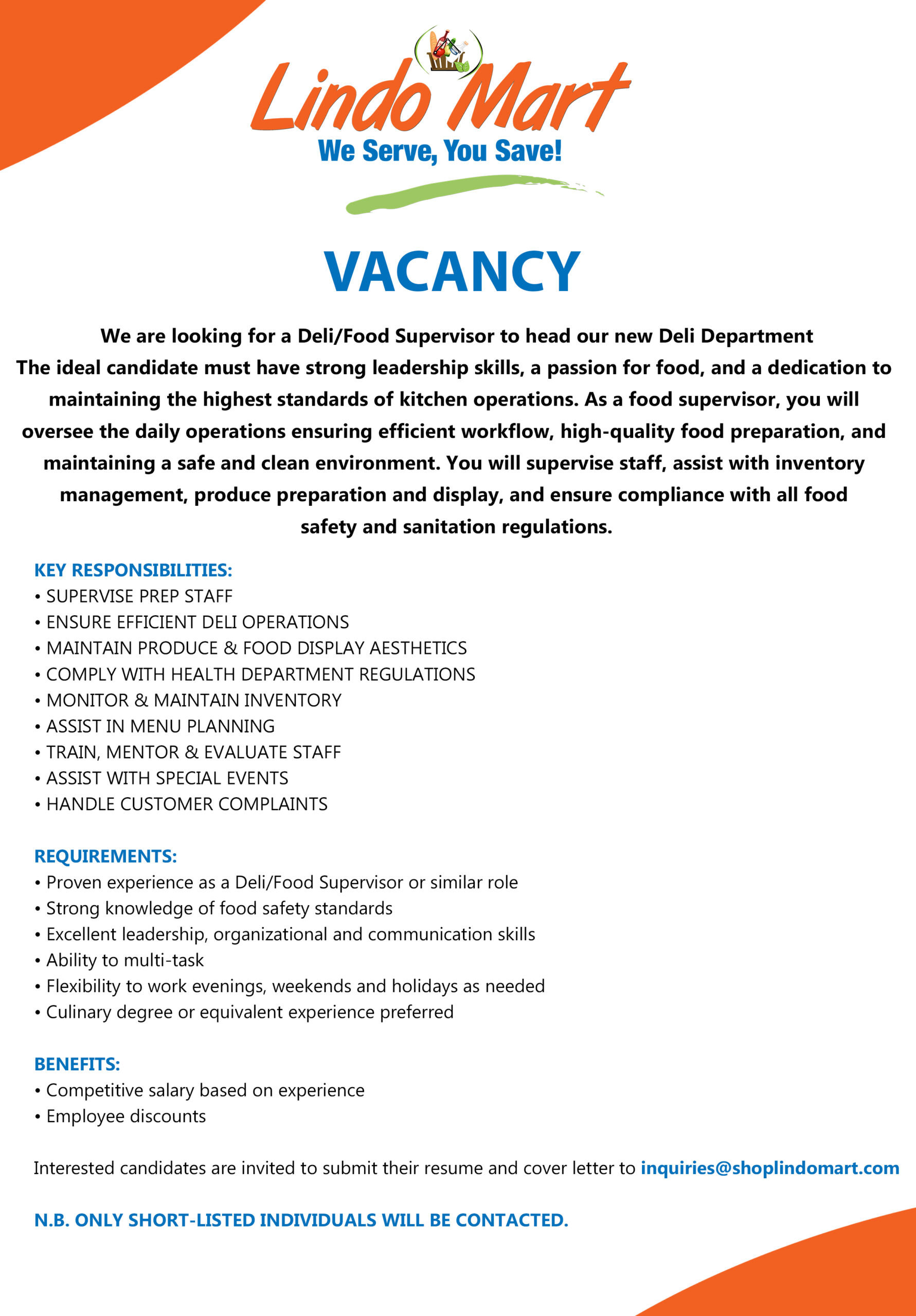
Seasonal Outlook (October to December 2016)
The Dry Season (December 2016 to May 2017) Summary
The dry season runs from December to May each year when the seas are relatively cooler and thunderstorms and rainfall activities are relatively low. Rainfall accumulated at both the Canefield and Douglas-Charles Airports was above normal. Above to normal temperatures were recorded at both stations.

Seasonal Outlook June-July-August 2017)
El Nino Southern Oscillation (ENSO)
Recent observations:
ENSO neutral conditions continued with Sea Surface Temperatures (SSTs) warming to about 0.3 to 0.5°C above average in the Eastern Equatorial Pacific (NINO3.4).
Model forecast and guidance:
Several models predict the onset of El Niño (3-month average Niño-3.4 index at or greater than 0.5°C) during the Northern Hemisphere summer. However, in recent runs some models are now favouring the continuation of ENSO-neutral well into the second half of the wet season (50 to ~55% chance). However, chances for El Niño remain elevated (35-50%) relative to the long-term average into the fall.
Expected impacts on rainfall and temperatures:
As ENSO conditions are currently neutral, no impact on Caribbean rainfall is expected. However, the chances for drier than usual conditions in the southern Caribbean will increase due to the possibility of the onset of El Niño. An appearing El Niño tends to increase temperatures 2 to 3 months later, boosting chances of a hot August to October period.


RegionalOverview on Seasonal Forecasts for June-July-August 2017
Rainfall Outlook:
JJA and SON 2017 Rainfall Outlook

Forecast:
Probability for June-July-August 2017
- 35% chance of above normal
- 35% chance normal
- 30% chance of below normal
Probability for September-October-November 2017
- 20% chance of above normal
- 35% chance normal
- 45% chance of below normal
Wet Days and Wet Spells Outlook
Wet Days

| Station | Climatology (Wet days) | Forecast (Wet days) |
|---|---|---|
| Canefield Airport | 50 to 67 | 53 to 75 |
| Douglas-Charles | 53 to 69 | 57 to 76 |
Forecast:An increase in the number of wet days (medium to high confidence) is expected .
Implication:
- Frequent rainfall disruptions of outdoor activities.
- Surface wetness makes environmental conditions more conducive to mosquito breeding and moisture related pests.
7-Day Wet Spells

| Station | Climatology (7 day wet spell) | Forecast (7 day wet spell) |
|---|---|---|
| Canefield Airport | 4 to 7 | 4 to 7.6 |
| Douglas-Charles | 2.2 to 5.6 | 2.4 to 6.2 |
Forecast: An increase in 7-day wet and very wet spells frequency (medium to high confidence).
IMPLICATION:
- Recharge of large water reservoirs associated with wet season.
3-Day Wet Spells

| Station | Climatology (3 day extreme wet spell) | Forecast (3 day extreme wet spell) |
|---|---|---|
| Canefield Airport | 0 to 1.3 | 0 to 1.5 |
| Douglas-Charles | 0 to 0 | 0 to 0 |
Forecast: There is little indication of change in frequency for 3-day extreme wet spells (low confidence).
Implication: Flash flood potential will become a concern.
Drought Outlook

There is no short term (March to August 2017) or long term (December 2016 to November 2017) drought concerns for Dominica at this time. Please continue to monitor the situation in the coming months.
Temperature Outlook

Forecast:
Maximum (day-time) and minimum (night-time) temperatures averaged over the period June- July-August are forecast to be above to normal. Since temperatures are high and humidity is steadily increasing, it will feel increasingly hot towards August.
There is an 80% chance for at least 14 heatwave days and a 70% chance of at least 30 heatwave days for the season June to November 2017. Most heat wave days occur during August to October.
NOTE:This scenario becomes more likely and heat more severe, if a moderate to strong El Niño manifests by August.
IMPLICATIONS:
- Very likely increase in heat stress from heatwaves in human populations or livestock.
- More discomfort related to heat compared to recent months.
- Night-time heat more uncomfortable than in most other years.
- Warm conditions conducive for mosquito breeding and faster mosquito life cycles.
- Increased cooling needs.
June-July-August: (Maximum temperature normal range: 30-32°C) (Mean temperature normal range: 27-29°C) (Minimum temperature normal range: 24-25°C)
Maximum/day-time temperature Probability
- 50% chance of above normal
- 30% chance normal
- 20% chance of below normal
Minimum/night-time temperature Probability
- 45% chance of above normal
- 35% chance normal
- 20% chance of below normal





